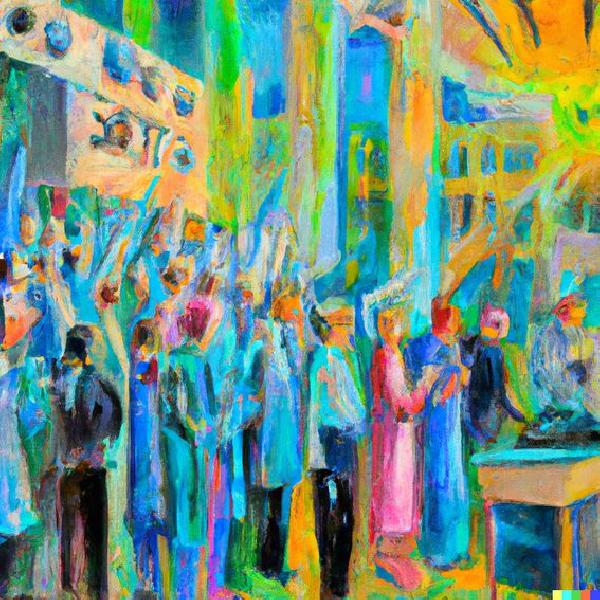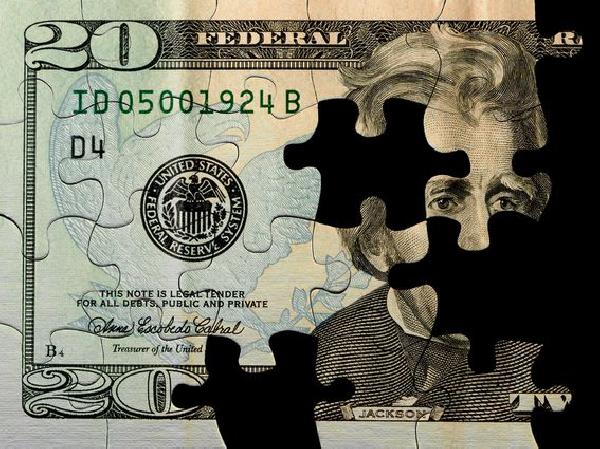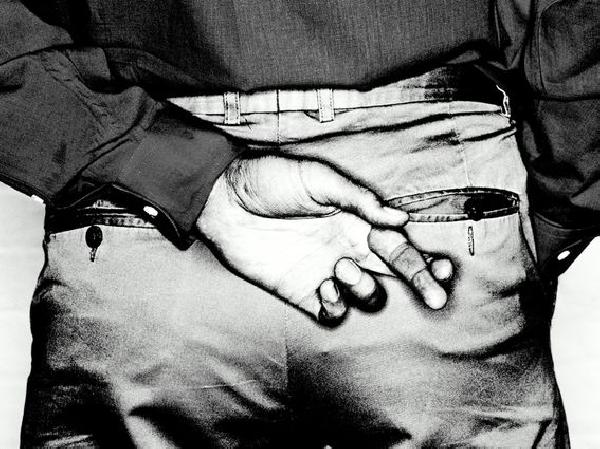
(Ryan Quintal/Unsplash, Modified by CoinDesk)

(Ryan Quintal/Unsplash, Modified by CoinDesk)

Policymakers seem to be doing their best to suffocate dollar on-ramps into crypto, leaving the door open for other mature markets to gain a competitive edge, Kaiko research analyst Conor Ryder writes.

The computer gaming firm supports royalties. Removing them would only "send the industry backwards," said Yat Siu.


A landmark ruling is bringing the NBA Top Shots creator back to court, and potentially opening up securities concerns for other NFTs.

The community-based projects could become one of the biggest growth engines in the Web3 space, but more agile governance structures may need to be put in place to unleash their full potential.

A significant change to Ethereum’s proof-of-stake system is slated for March, which will likely incentivize a wave of building and consumer choice in the “liquid staking” sector.

Sometimes hierarchies have a place. Complete organizational "flatness" is not always the most effective path for Web3 communities.

Economist Omid Malekan responds to a recent CoinDesk editorial, arguing that stablecoins are worth the risk.

Call it a culture shift or an evolutionary process, why this group of crypto-natives is building "public goods" for the longterm rather than focusing on short term profits.

The annual "Edelman Trust Barometer" shows society has worsening trust issues. Crypto promises a different type of trust alternative and nudges us toward a new understanding of the word.

Legislators need to educate themselves on Web3 if they care about protecting consumers, Steven Eisenhauer, chief risk and compliance officer at Ramp, writes.

Crypto assets cannot function as they‘re designed to – while being securities, Lewis Cohen, co-founder of DLx Law, writes.

Several regulatory initiatives are underway to expand oversight of this nascent industry, the former head of fintech at the U.K. Financial Conduct Authority writes.